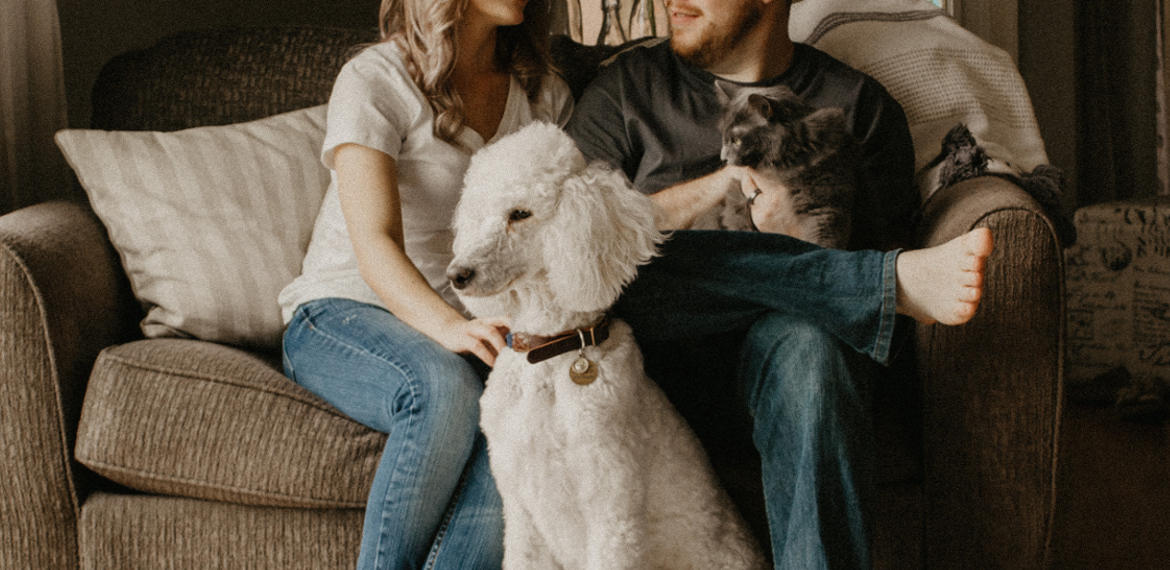
Validating Your Partner: Understanding vs. Agreeing
Ever wonder if there are some easy ways to start feeling closer to your partner? If you’ve already seen 5 Effective Communication Tips for Couples, then you're on your way to improving your communication skills. Here are some 5 more tips that can give you more guidance:
Use a feelings wheel
One of the most helpful tools out there… Google it. If you’re having a difficult time being aware of what you’re feeling or even communicating your feelings, then I highly encourage you to use a feelings wheel. Print it if you can, and put it on your fridge. It’s helpful for any age to increase their awareness and vocabulary with their emotions.
validate your partner’s feelings
Validating your partner’s feelings means you’re letting them know that you understand some of their experience and that you value their feelings. It doesn’t necessarily mean that you’re siding or agreeing with them. That’s a separate thing. And you can validate your partner’s feelings and disagree with them at the same time. It can look like reflecting those feelings right back to them, saying “I understand how you felt that way” or “I can see that.” If you follow up any point of validation with “but…” and then share your disagreement, then you just canceled out validating your partner and they won’t experience that you care about their feelings.
allow redo’s
Giving some grace and allowing each other redos can be super helpful. If you know that your partner escalates quickly, and you’re feeling attacked, simply say “Hey I want to understand you but I don’t want to feel attacked. Can you say it differently?” Or if you’re noticing that you’re not using tools to communicate effectively and don’t like how the interaction is going, then say “Hey, let me try that again. That didn’t come out as planned.”
take a break
Well… that escalated quickly. That’s okay! Call for a break. It’s a great way to calm down the brain so you can attend to the conversation more afterward. Breaks are meant to calm your brain and body. Take some deep breaths, stretch, or go for a quick walk. A break is not meant to think “I should have said this” or “I can’t believe they said that!” That’s just adding fuel to the fire. Talk with your partner before any conflict to see if breaks would be helpful at all in the future and what you want them to look like. Your partner may get anxious or scared if you take off for a walk as a break and never let them know about it ahead of time. Talk about what a break would look like first.
have some humor
It can be awkward trying to change patterns that are ingrained within us. It feels totally unnatural to use some of these tips, but they are extremely helpful. Have some fun with it! It’s okay to laugh with your partner about how awkward it felt with that last validation you just offered!
If you’d like more guidance to build up the tools in your toolbox to communicate effectively with your partner, then reach out to a professional! This may look like marriage therapy or couples counseling, or you can even explore this with individual therapy and we are at Lifeologie Counseling in Michigan are always willing to help

About Rosann Raftery
Rosanne Raftery, LPC, LLMFT, holds a BA in Psychology from Central Michigan University and a MA in Marriage and Family Therapy from Western Michigan University. She is passionate about pre-engagement or premarital counseling, divorce recovery, open relationships, women’s issues, anxiety, depression, and working with the LGBTQ+ community. She specializes in working with individuals, couples, and families in building their communication skills, healing, and strengthening their relationships at Lifeologie Counseling Grand Rapids Ada and Lifeologie Counseling Grand Rapids Cascade.
Meet Me



